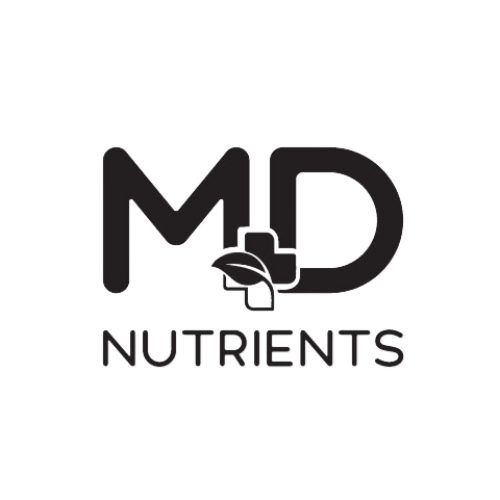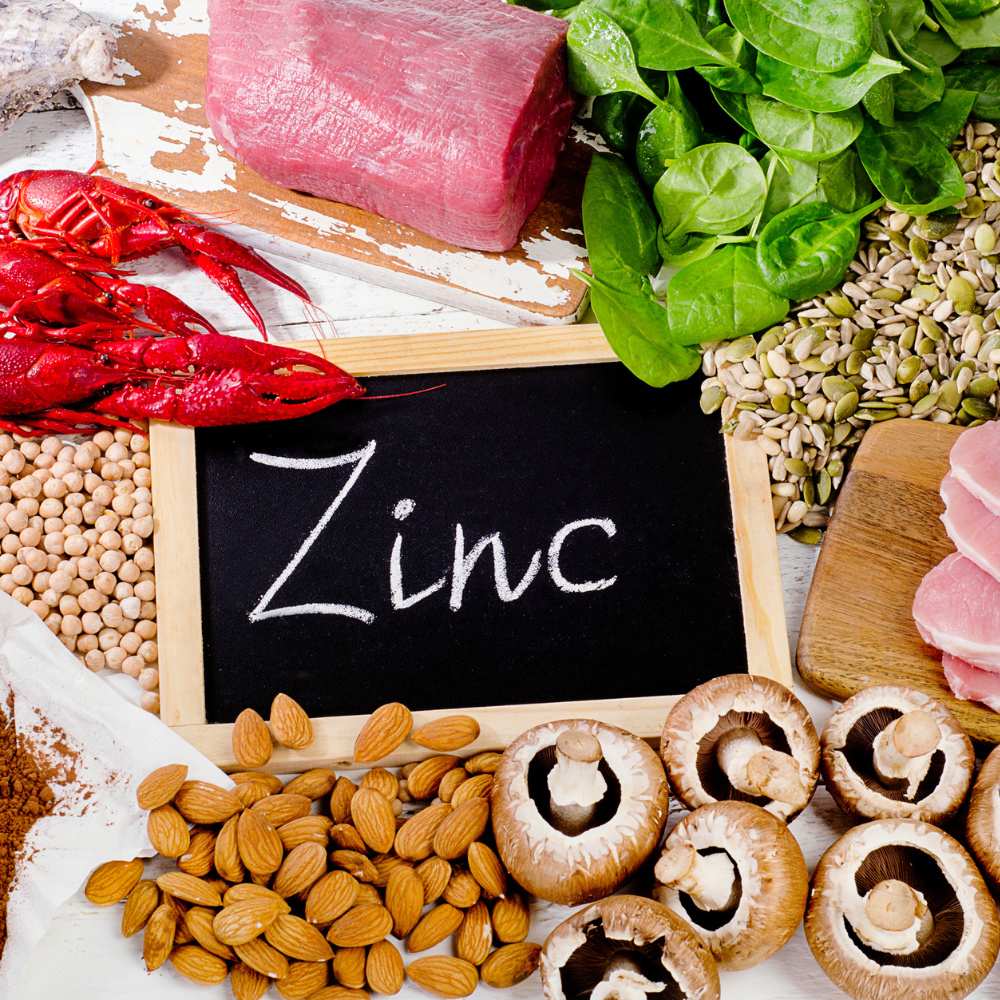Introduction: Importance of Zinc in the Body
Zinc is an essential trace mineral that plays a crucial role in numerous biological processes within the human body. It is vital for maintaining overall health, supporting immune function, and promoting wound healing. Despite its importance, many people do not meet their daily zinc requirements, leading to various health issues. This article explores the significance of zinc, how it supports immune function and wound healing, dietary sources, and guidance for choosing the right zinc supplement.
How Zinc Supports Immune Function
Zinc is integral to the immune system, influencing both innate and adaptive immunity. Its involvement in immune function includes:
1. Activation of Immune Cells
Zinc is essential for the development and function of various immune cells, including T cells, B cells, and macrophages. These cells are crucial for identifying and combating pathogens such as bacteria and viruses.
2. Antioxidant Properties
Zinc acts as an antioxidant, helping to protect cells from oxidative stress and inflammation. By neutralizing free radicals, zinc can reduce the risk of chronic diseases and bolster the immune response.
3. Regulation of Immune Response
Zinc plays a role in regulating the immune response by influencing the production of signaling molecules called cytokines. Proper zinc levels help ensure that the immune system responds effectively to threats without becoming overactive, which can lead to autoimmune disorders.
4. Impact on Inflammatory Response
Zinc is involved in modulating the inflammatory response, which is vital for the resolution of infection and inflammation. Adequate zinc levels help maintain a balanced inflammatory response, contributing to a healthy immune system.
5. Role in Respiratory Health
Research has shown that zinc may help reduce the duration and severity of respiratory infections, such as the common cold. Studies indicate that zinc supplementation can enhance recovery and improve immune responses during respiratory illnesses.
Benefits of Zinc for Wound Healing
Zinc is also critical for wound healing, a process that involves several stages, including inflammation, tissue formation, and remodeling. The benefits of zinc in this context include:
1. Cell Proliferation and Tissue Repair
Zinc is essential for the synthesis of collagen, a protein that provides structure to skin and connective tissues. It supports the proliferation of fibroblasts and keratinocytes, which are necessary for wound closure and tissue regeneration.
2. Regulation of Inflammation
Zinc helps regulate the inflammatory response during wound healing, ensuring that inflammation is controlled and does not hinder the healing process. By modulating inflammatory cytokines, zinc can promote a quicker transition from inflammation to tissue repair.
3. Immune Defense at Wound Sites
Zinc contributes to immune defense at the wound site by enhancing the function of immune cells involved in the healing process. This helps prevent infections and promotes faster recovery.
4. Role in Hormonal Regulation
Zinc influences the production of hormones involved in the healing process, such as insulin and growth factors. These hormones play a vital role in cell growth and repair, further supporting effective wound healing.
5. Prevention of Chronic Wounds
Adequate zinc levels are crucial for preventing chronic wounds, such as diabetic ulcers and pressure sores. Zinc deficiency can lead to impaired healing, increasing the risk of complications.
Dietary Sources of Zinc
To maintain optimal zinc levels, it is essential to include zinc-rich foods in your diet. Some excellent sources of zinc include:
-
Animal Sources:
- Oysters: One of the richest sources of zinc, providing significantly more than the daily requirement in just a small serving.
- Red Meat: Beef and lamb are excellent sources of zinc, particularly in lean cuts.
- Poultry: Chicken and turkey are good sources of zinc and can easily be incorporated into meals.
-
Plant Sources:
- Legumes: Lentils, chickpeas, and beans are good plant-based sources of zinc, although they contain phytates that can inhibit absorption.
- Nuts and Seeds: Pumpkin seeds, sesame seeds, and cashews provide zinc and can be enjoyed as snacks or added to dishes.
- Whole Grains: Quinoa, oats, and whole wheat bread contain zinc, but, like legumes, they also have phytates.
-
Dairy Products:
- Cheese and Yogurt: These can provide a decent amount of zinc while being easy to incorporate into various meals.
Choosing the Right Zinc Supplement
If dietary sources are insufficient or if you have specific health needs, zinc supplementation can be beneficial. Here are some tips for choosing the right zinc supplement:
1. Forms of Zinc Supplements
Zinc supplements come in various forms, including zinc gluconate, zinc citrate, zinc picolinate, and zinc sulfate. Zinc picolinate and zinc citrate are often better absorbed than other forms.
2. Dosage
The recommended dietary allowance (RDA) for zinc varies by age, gender, and life stage. For adults, the RDA is approximately 11 mg for men and 8 mg for women. It’s essential to choose a supplement that provides an appropriate dosage without exceeding the upper limit of 40 mg per day for adults.
3. Consider Combinations
Some supplements combine zinc with other nutrients that support immune function, such as vitamin C and echinacea. These combinations can enhance the overall benefits for immune health.
4. Quality Assurance
Look for supplements from reputable brands that undergo third-party testing for quality and purity. Certifications from organizations like NSF International or USP can provide assurance of product quality.
5. Consult a Healthcare Professional
Before starting any supplement, it’s advisable to consult with a healthcare professional, especially if you have underlying health conditions or are taking other medications.
Conclusion: Boost Your Health with Zinc
Zinc is a vital mineral that supports immune function and plays a significant role in wound healing. By ensuring adequate zinc intake through diet or supplementation, you can enhance your overall health, improve your body’s defense mechanisms, and promote effective recovery from injuries. Understanding the importance of zinc and making informed dietary choices can lead to better health outcomes and improved well-being. Whether through nutrient-rich foods or high-quality supplements, incorporating zinc into your health regimen is a step toward a healthier life.


